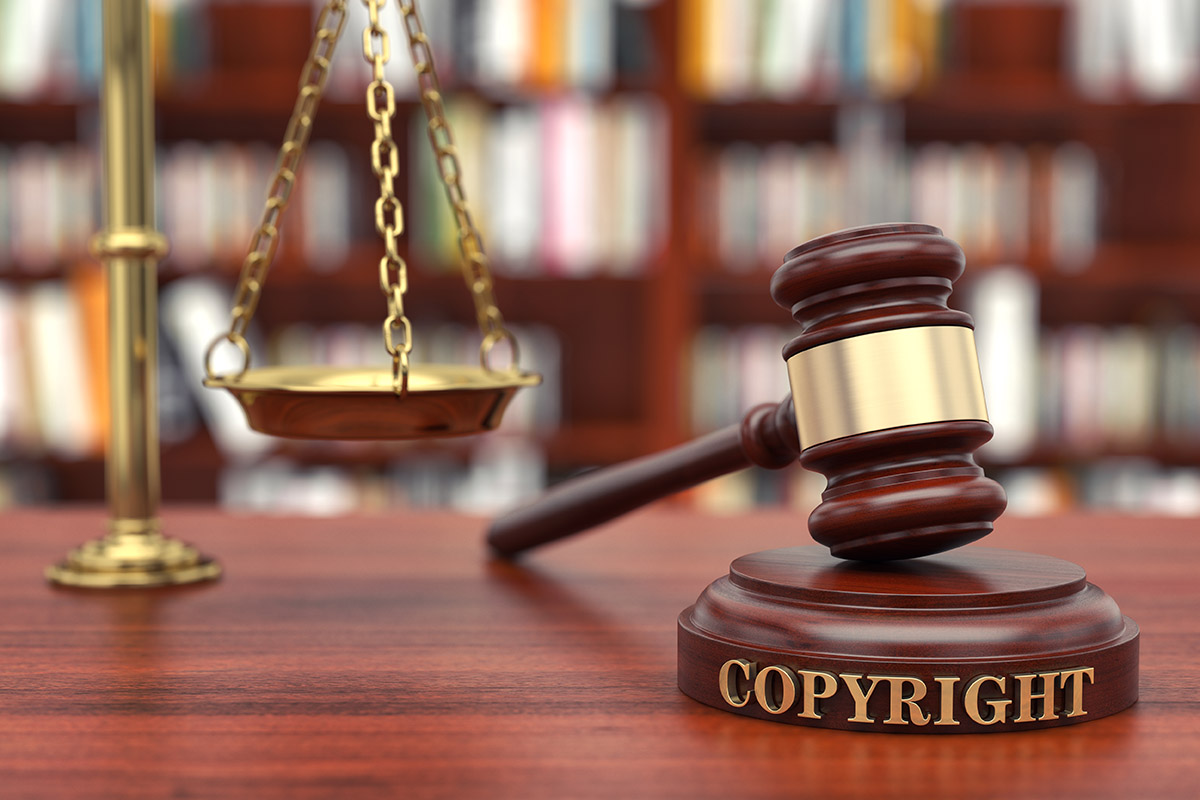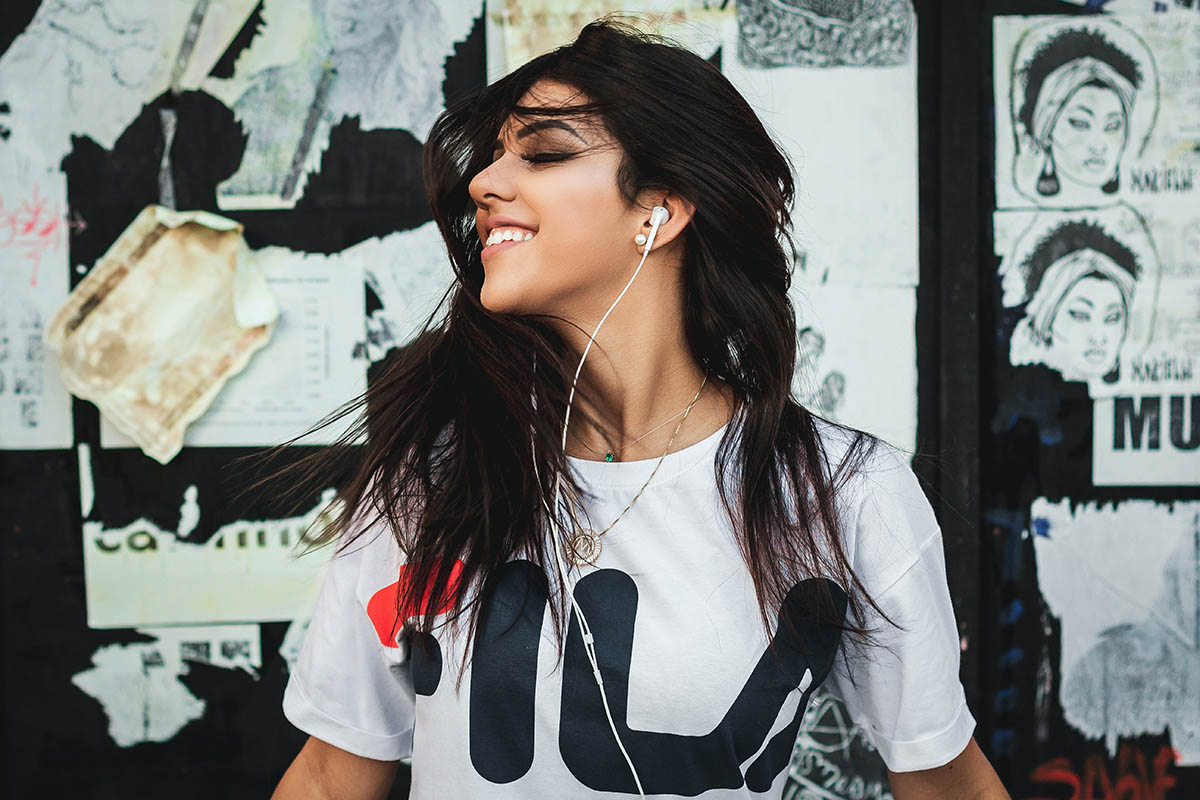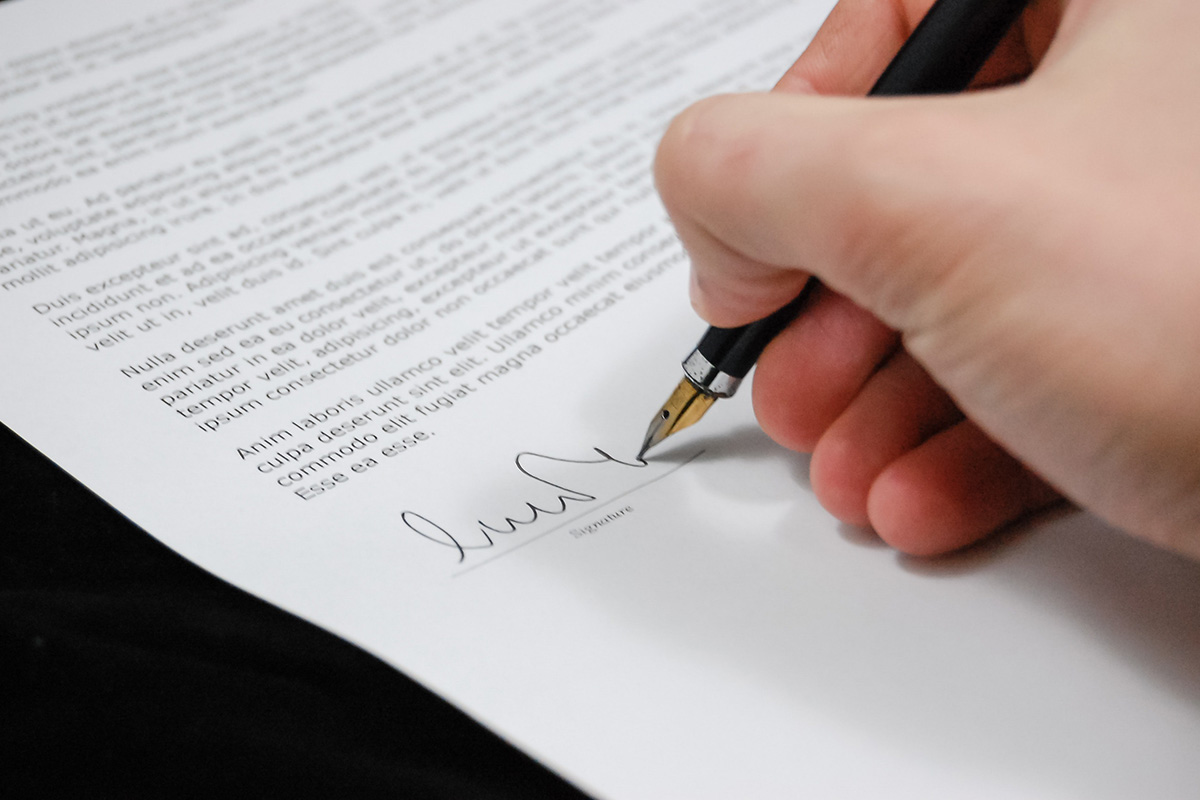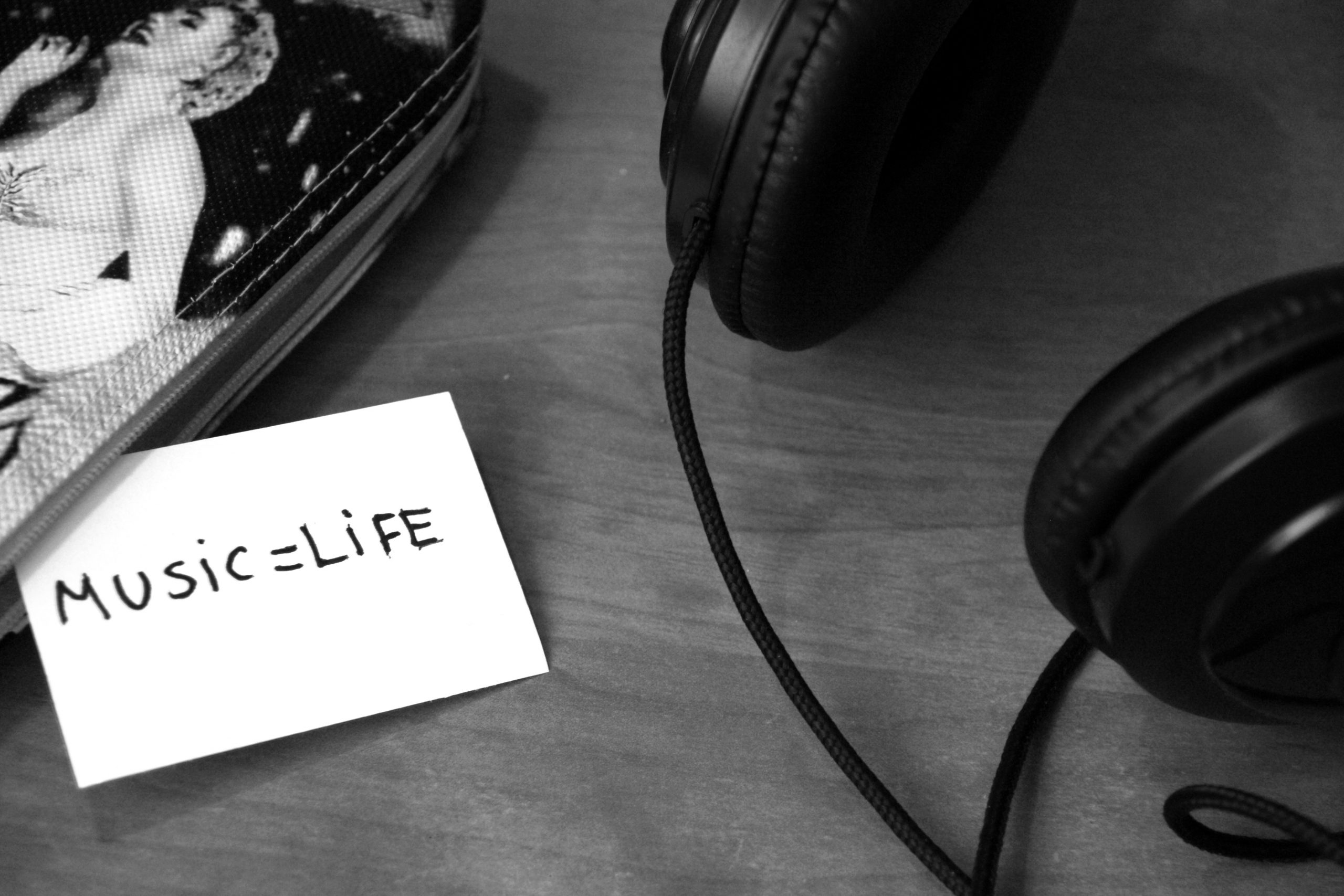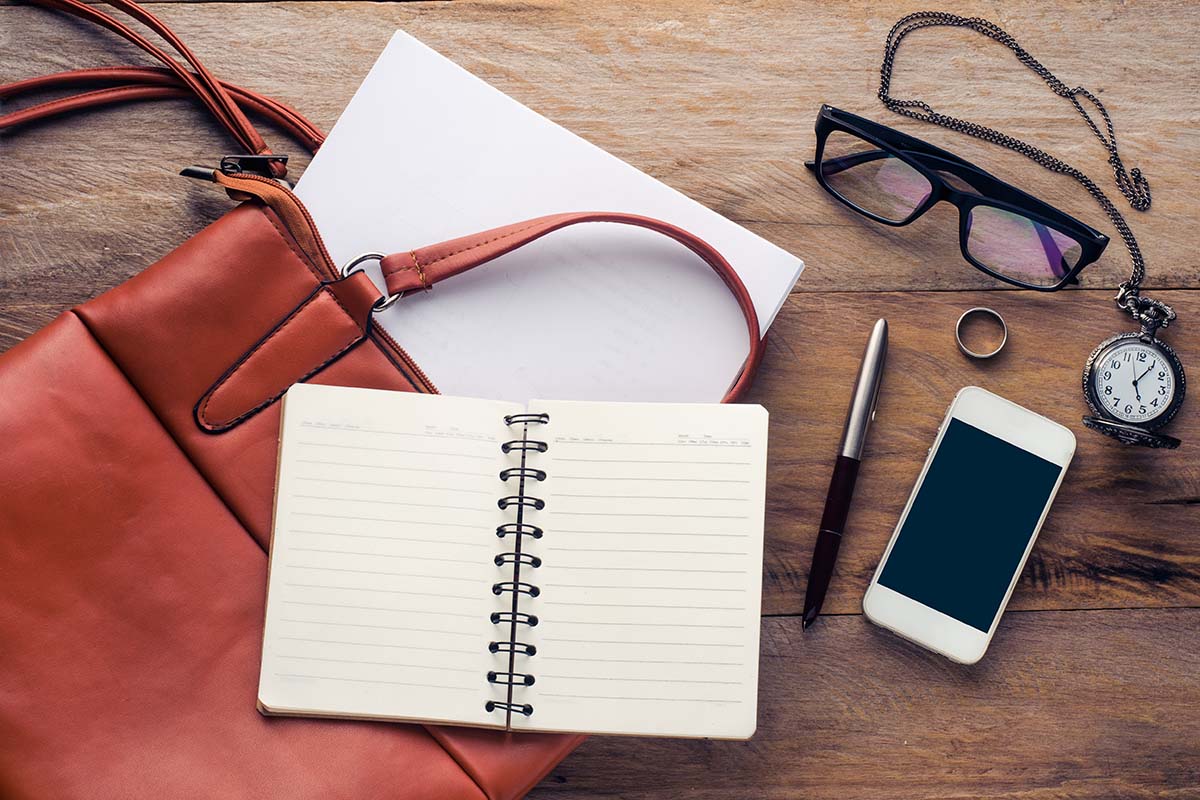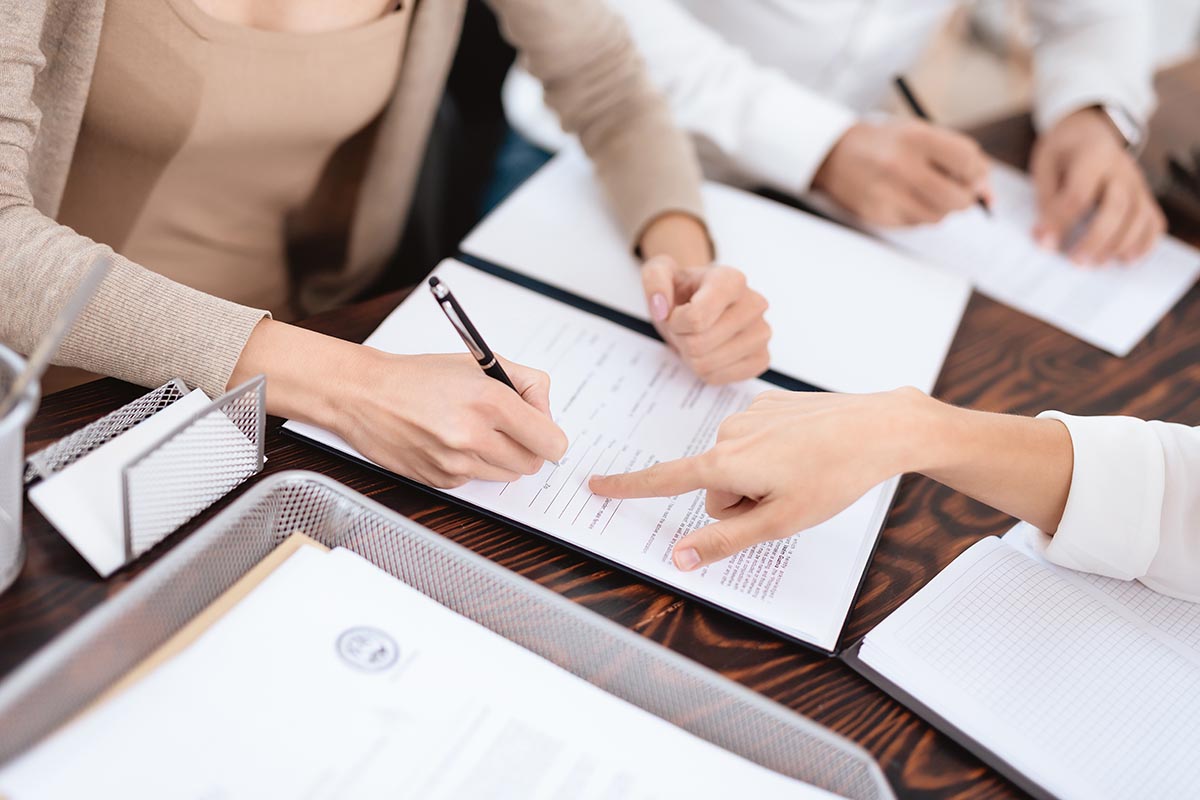6 Key Facts About Music Copyright Laws
If you’re a musician in the United States, make sure you are copyrighting your original work. You don’t want people to use your songs without permission. Music copyright laws can protect your songs from abuse by others. And while any law can be confusing, getting a copyright for your songs is surprisingly simple.
By writing or creating new music you’re already on the path to copyright protection. But there’s more you should know to make sure you’re ahead of the game. Read on to learn 6 key facts about music copyright laws.
Automatic Copyright
As soon as you write or record your song, it is, technically, copyrighted.
The crucial part of this is that you must write the music down on paper or record it in some tangible form. According to Los Angeles recording studio, recording can be digitally or in analog form.
Register with the US Copyright Office
Copyright starts as soon as you record the song. But in order for your work to be officially copyrighted you need to register it with the US Copyright Office. If you do not register your song with the US Copyright Office you won’t be able to go to court to protect your work.
To register your song either mail it to the office or file digitally.
Visit www.copyright.gov to register online. This is the quickest and easiest way to do it. Once you have created your account with the copyright office, you fill out various forms.
Then you’ll need to submit the song to the office. Finally, you will pay a small registration fee of between $35 and $85. Be patient once you have filed. It can take up to 10 months for the office to process your registration.
There Are Two Parts to Your Copyright
Music copyright laws are based on two different parts of the music. The first part is called the Musical Work. The second part is called the Sound Recording.
Musical Work refers to the original arrangement of chords, rhythm, harmonies, lyrics, and notes that you created.
The Sound Recording rights cover the recording of the song. If you write or record a song for a record label, it is likely the label owns at least one of these two rights.
You should look closely at your contract to see what is covered by the label. If you write or record your own song without a record label involved then you will have rights to both parts when you register with the US Copyright Office.
Your Rights under Music Copyright Laws
Under music copyright laws you have certain rights. These rights give you permission to do certain things with the song. They also stop others from using or misusing your music.
As the copyright holder, you are allowed to reproduce your work. You may adapt or change the song.
You’re allowed to perform the song publicly. You may also sell or distribute your music. You can make a video of the song or add other visual images to it.
In fact, it can be very beneficial to buy beats, especially royalty-free beats. Perhaps most importantly, you are allowed to give permission to others to do these things, too.
That means you can license your music so that others can record and perform it. Licensing your music usually means you will be paid by others to perform your music.
Music copyright law also protects these rights for you so that others can’t do anything with your music without your permission. This means if someone uses your song, or a part of it, without your permission, you can sue them.
Once you have copyrighted your music, you can receive royalties for your songs. The rights you get under copyright law form the difference of royalty free vs copyright free music.
Royalty-free means you have granted others permission to use your work without paying you a royalty. You can do that because it’s your right under music copyright law.
How Long Do Music Copyright Laws Last For?
Music copyright laws start as soon as you create the song. They last for 70 years past the death of the copyright holder. If you write or record or a song for a record label it’s a little different.
The label holds the copyright for 95 years from the song’s first publication or 120 years from when the song was first written.
How to Enforce Your Rights
To enforce your rights under music copyright laws, you should make sure you register with the US Copyright Office. Your original creation started copyright protection. But without the registration, it is much harder to enforce your rights.
If someone does not get your permission through a license to perform or use your work you can take them to court. The process of someone using your original work without permission is called copyright infringement.
The protection of songwriters and musicians under copyright law is a well-established aspect of the US court system. There are a number of famous music copyright cases in American history.
Get Your Copyright On
If you create an original piece of music, it’s important that you copyright it. This is especially true for musicians and songwriters who are not producing work-for-hire for record labels. You went to all the creative trouble of writing and recording a song, so protecting that work makes a lot of sense. It’s easy and cheap to register for copyright, so there’s nothing to stop you from doing it.
Music copyright laws give you the right to use and perform your music as you want to. They also stop everyone else from doing the same things without your permission. By licensing others to use your music you can make some extra money, too.
Write great music. Register for copyright. Perform your music the way you want to, when you want to. Simple. For more helpful information about innovation, arts, and adventures keep coming back to this site. We want to help you be creative.
We want you to live your best life!
